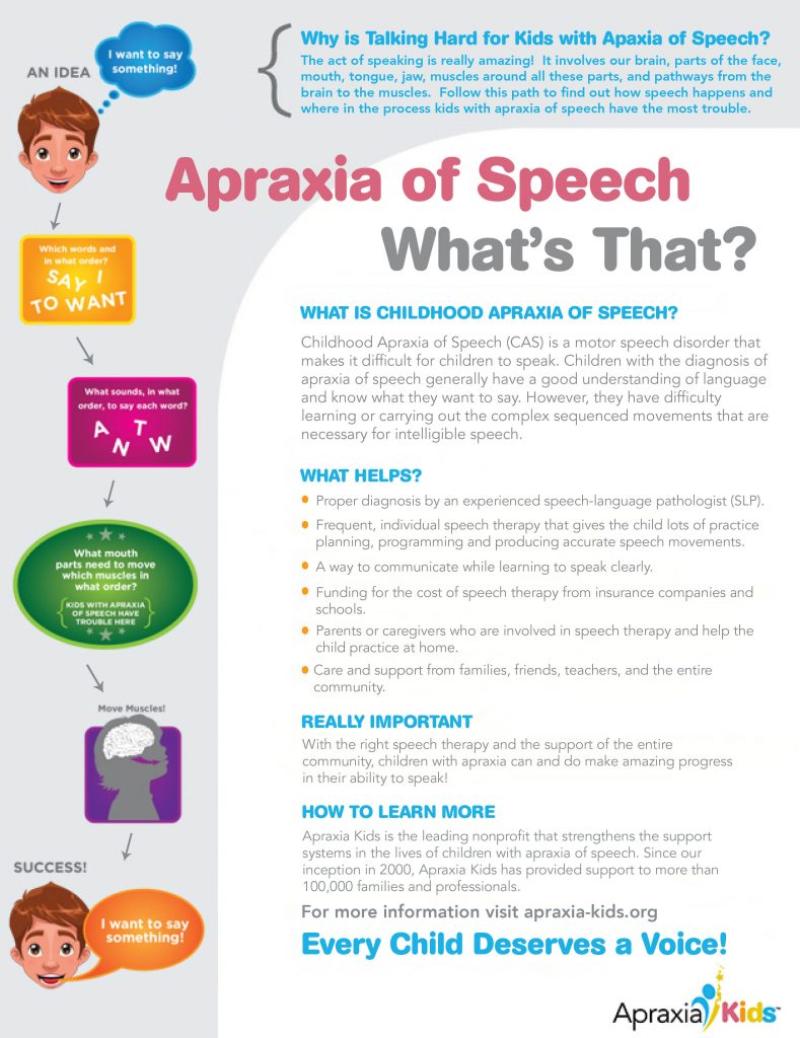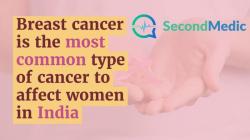What is the speech apraxia prognosis?
The prognosis for individuals with speech apraxia can vary widely based on factors such as the severity of the condition, the age of onset, and the effectiveness of intervention and therapy. Speech apraxia, also known as apraxia of speech (AOS), is a motor speech disorder that affects the ability to plan and coordinate the movements necessary for speech. It is important to note that prognosis can change over time as individuals receive therapy and interventions.
Here are some key points regarding the prognosis of speech apraxia:
Early Intervention is Crucial:
- Early identification and intervention are crucial for individuals with speech apraxia. The earlier therapy begins, the better the chances of improving speech skills.
Severity Matters:
- The severity of speech apraxia can vary from mild to severe. Individuals with milder forms of apraxia may make more rapid progress in therapy compared to those with severe apraxia.
Individual Response to Therapy:
- The response to speech therapy is highly individual. Some individuals with speech apraxia may make significant progress with therapy, while others may continue to face challenges.
Consistency of Therapy:
- Regular and consistent speech therapy sessions are essential for improving speech outcomes. The frequency and intensity of therapy can impact progress.
Parental Involvement:
- Involvement of parents or caregivers in the therapeutic process can enhance outcomes. Home practice and reinforcement of therapy techniques can contribute to progress.
Continued Support:
- Ongoing support, both in terms of speech therapy and educational support, may be needed. Some individuals may continue to benefit from therapy into adolescence and adulthood.
Co-Existing Conditions:
- The presence of other co-existing conditions, such as developmental disorders or neurological conditions, can impact the overall prognosis and treatment approach.
Use of Alternative Communication Methods:
- In some cases, individuals with severe speech apraxia may benefit from alternative communication methods, such as augmentative and alternative communication (AAC) devices.
Life-Long Management:
- For some individuals, speech apraxia may be a lifelong condition that requires ongoing management and support. Others may make substantial improvements and achieve functional communication skills.
It's important to work closely with speech-language pathologists and other healthcare professionals to develop an individualized treatment plan. Regular reassessment and adjustments to therapy goals are common as individuals progress in their communication abilities.
Since speech apraxia is a highly variable condition, the prognosis is best determined on an individual basis through careful assessment and ongoing monitoring by speech-language professionals. Early intervention, consistent therapy, and support from family and educational environments can positively influence outcomes for individuals with speech apraxia.
You are correct. The prognosis for speech apraxia varies depending on the individual and the severity of the apraxia. Here's a more detailed explanation:
Prognosis for Speech Apraxia
Speech apraxia is a disorder that affects the ability to plan and produce speech sounds. The prognosis for speech apraxia varies depending on the individual and the severity of the apraxia. Some people with speech apraxia make a full recovery, while others have lifelong difficulties with speech production.
Factors Affecting Prognosis
Several factors can affect the prognosis for speech apraxia, including:
Age of onset: Children who develop speech apraxia before the age of 3 tend to have a better prognosis than children who develop it later.
Severity of apraxia: People with mild speech apraxia tend to have a better prognosis than people with severe speech apraxia.
Presence of other impairments: People with speech apraxia are more likely to have other impairments, such as autism spectrum disorder or intellectual disability. These impairments can make it more difficult to treat speech apraxia and can affect the prognosis.
Treatment for Speech Apraxia
The most important treatment for speech apraxia is speech therapy. Speech therapy can help people with speech apraxia improve their speech production skills. Speech therapists may use a variety of techniques to help people with speech apraxia, such as:
Articulation therapy: This type of therapy focuses on teaching people with speech apraxia how to produce individual speech sounds correctly.
Motor programming therapy: This type of therapy focuses on teaching people with speech apraxia how to plan and coordinate the movements needed to produce speech.
Sensory-based therapy: This type of therapy focuses on improving the sensory input that people with speech apraxia receive, which can help them to plan and produce speech more accurately.
Support for Individuals with Speech Apraxia
In addition to speech therapy, there are a number of things that people with speech apraxia can do to support their own communication and progress in treatment:
Practice speaking regularly: Regular practice can help to improve speech production skills.
Use Augmentative and Alternative Communication (AAC): AAC tools can help people with speech apraxia to communicate more effectively.
Join a support group: Support groups can provide emotional support and information about speech apraxia.
With appropriate treatment and support, many people with speech apraxia can significantly improve their speech production skills and communication abilities.













